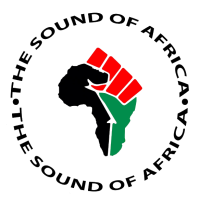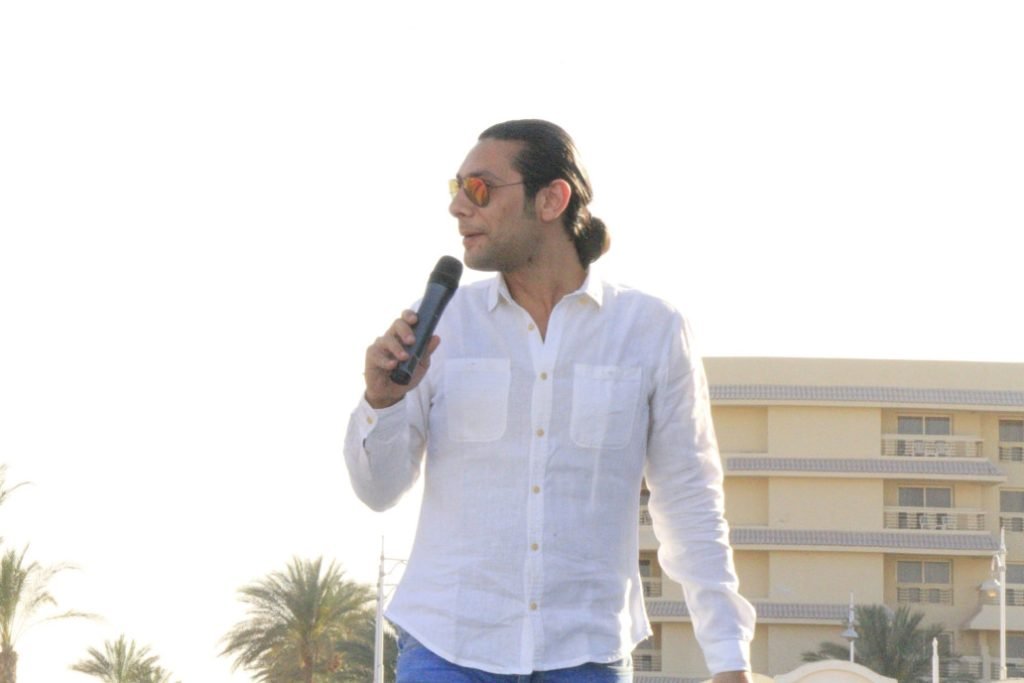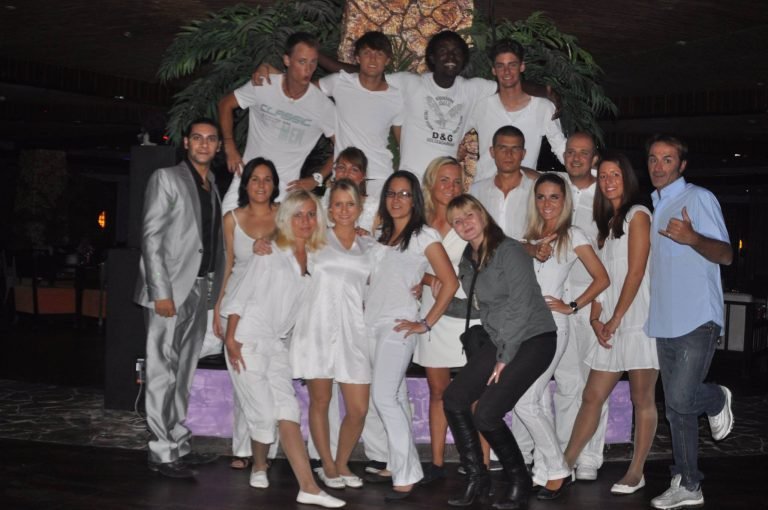Mike Ejeagha is a folk musician popular among South-Easterners for his unique storytelling through music.
Ejeagha has woven the cultural essence of the Igbo people into each of his songs.
However, his music had long been relegated to the archives of Nigerian history, until an unexpected event changed the course as comedian Brain Jotter sampled one of Ejeagha’s iconic tracks, birthing the viral “Gwo gwo gwo ngwo” trend on social media
This viral moment sparked a resurgence of interest in the legendary musician’s work, with young Nigerians reconnecting with the rhythms and storytelling that Ejeagha’s music embodies. As though designed by providence, a documentary about his life and influence was already in the works before this Renaissance, thrusting the forgotten legend back into the cultural limelight.
The documentary, set to be released to the public for the first time on December 21, 2024, captures Ejeagha’s remarkable journey as well as his deep connection to the Igbo people, their traditions, and the impact his music has had over the years.
Pulse Nigeria recently sat down with Michael Chineme Ike, the director of the Mike Ejeagha Documentary to discuss this unique journey of rediscovery, the challenges of bringing the story to life, and the importance of preserving the legacy of artists like Ejeagha.
This interview has been edited for clarity and length.
What inspired you to create a documentary about Mike Ejeagha?
As a kid growing up in Igbo land, I listened to Mike Ejeagha’s music and it was always unique how every one of his songs taught a moral lesson. I learnt that it’s wrong to steal from his song “Onye ori Utaba”. I didn’t know him or meet him personally but I loved his music. Decades later, almost everyone like myself thought he was late, until somehow his story appeared online when Amarachi Attamah and Charles Ogbu brought to the public notice that the legend is alive but more than that, he is living in poverty. This was sad. I didn’t have money to donate but decided to use my filmmaking skills to give the man a much bigger gift: a legacy that no other Igbo legend has had the pleasure of experiencing. And what’s more important than doing this and celebrating him while he is still alive with us?
How did you go about researching Mike Ejeagha’s life and work?
It wasn’t easy. The internet doesn’t have so much about his life. I had to visit the family and interview him and his children. He was already very old and could barely talk properly or remember things. I also researched his work experience and visited people who had the opportunity to work with him in the past. Most were dead but those I could find were able to provide so many details about the man and his exploits that helped form the story.
What were some of the challenges you faced while working on this documentary?
Well, there is funding. Filming documentaries isn’t cheap and I learnt that the hard way as this was the first documentary film I embarked on in my career. As documentaries aren’t great money-making ventures, getting people to invest in the project was also hard, so I had to carry most of the cross. Another major challenge was the lack of archival footage to help with visuals in the documentary. Mike Ejeagha lived in a time with little or no digital video recordings, so there was almost nothing to be found of him on the internet.
He doesn’t have much at home either and even TV stations he worked with gave excuses like a fire incident in the past burning up videos of his programs on TV. These things made it hard for us. But thanks to the extra efforts from my team and me, we were able to dig deeper and also got some with the help of AI. We then created more scenarios from stories we got from our research and interviews.
READ ALSO: Mercy Aigbe’s December release, ‘Thin Line’ makes ₦28.5 million since its release
Can you share any special or surprising discoveries you made about Ejeagha during the production?
To avoid any spoilers, I discovered that while the world had thought that Mike Ejeagha was dead, the man was simply battling a long legal battle with his record label over the rights to use his songs and make music videos out of it. This lasted for over 15 years until the Enugu State Government stepped in. I also found out that he contributed over 200 songs to the National Archives, a rare feat that many people were unaware of.
How did Brain Jotter’s use of Mike Ejeagha’s song impact your work on the documentary?
I had long started and even concluded interviews for the project before BrainJotter did what he did. However, I was in a stalled moment due to funds preventing me from going immediately into post-production. When the dance went viral, many people who knew about my project advised that it was best to release the project in the heat of the moment, little did they know I would love to but the issue of funds persisted. Eventually, I did get some help with a last-minute investment from Charles Ogbu who has been like a son to Mike Ejeagha and I was able to get things rolling again. Thank God, I’m able to finish soon enough and here we are today, about to premiere with the trend still fresh in people’s minds.
Do you think the trend revived public interest in Mike Ejeagha or were people already nostalgic about his music?
Mike Ejeagha’s music is unique and many people loved it. But in this Gen Z generation, I would say Brain Jotter’s dance trend did play a very key role in reviving public interest in the man. In fact, his music was more popular than himself and many people didn’t even know who he was or that he was still alive. The trend did help a lot.
Did the trend influence any creative choices you made in the documentary?
In a way, yes. One of Mike’s music, titled “Uwa mgbede ka mma” loosely translates to he who laughs last, laughs best. We can say that after going through all the life challenges he went through, the universe decided to bless him during his last days on earth. This helped to bring a perfect ending to the documentary because he was still alive. We couldn’t have possibly ended with his death. The Brain Jotter trend, his story revival which even attracted the state governor and many prominent persons to him, was a perfect and emotional end to the project.
What role do you think social media plays in preserving cultural icons like Mike Ejeagha?
Social media plays a transformative role in preserving cultural icons like Mike Ejeagha by creating a global platform for their stories and works to be rediscovered and celebrated. It helps amplify their legacy, making it accessible to younger generations who may not have experienced their contributions firsthand. Through social media, fans and supporters can share memories, performances, and interviews, keeping their influence alive. In Mike Ejeagha’s case, platforms like Facebook and YouTube have become archives for his music and storytelling, while influencers and cultural enthusiasts spark conversations around his impact. Social media also facilitates advocacy, as seen when fans and activists rallied support during his legal battles and for his recent recognition. It bridges the gap between generations, ensuring that the essence of his artistry and Igbo culture continues to inspire a global audience.
What message do you hope audiences take away from this documentary?
Do you have plans to work on more documentaries about Nigerian folk legends or other cultural icons?
He fought a 15-year legal battle for rights to his songs – Mike Ejeagha Documentary director [Pulse Inteview] Read More



